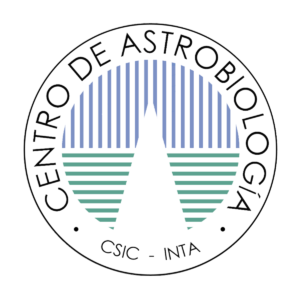Amils, R. 2016. Lessons learned from thirty years of geomicrobiological studies of Rio Tinto. Research in Microbiology 167, 7, 539-545, DOI: 10.1016/j.resmic.2016.06.001
Rio Tinto (SW Spain) is an extreme acidic environment with a remarkable concentration of toxic heavy metals. The geomicrobiological characterization of the Tinto basin, carried out over the last thirty years, has proven the importance of the iron cycle in not only generating the river’s extreme conditions, but also in maintaining the high level of microbial diversity. This work also shows that the extreme conditions found in the Tinto basin are not, as previously thought, the product of mining activities, but are, in fact, the result of the active subsurface bioreactor that obtains energy from the high concentration of massive sulfide minerals present in the Iberian Pyrite Belt. (C) 2016 Published by Elsevier Masson SAS on behalf of Institut Pasteur.






